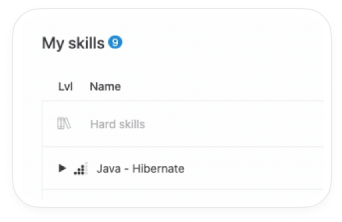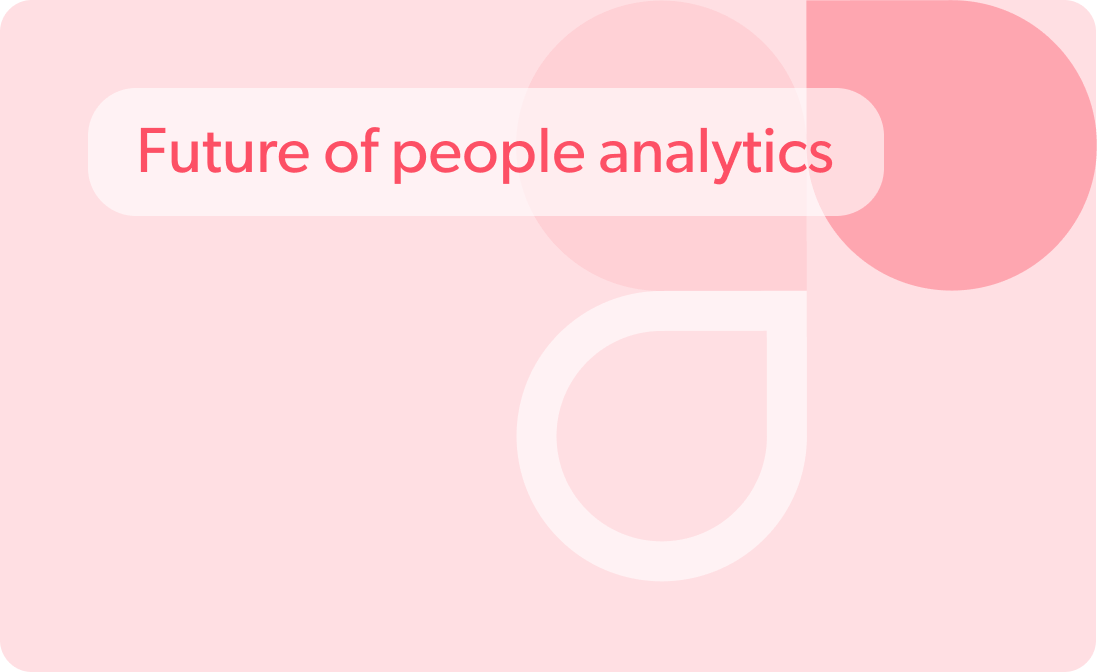How to use market intelligence to optimize your hiring strategy
Table of contents
- Application of market intelligence across various facets of a business
- Application of market intelligence in workforce planning
- The impact of market intelligence on hiring strategy
- Steps to utilize market intelligence for aligning and optimizing your hiring strategy
- How can smartData help you in optimizing your hiring strategy?
Application of market intelligence across various facets of a business
Market intelligence is a vital element that organizations employ to gain a competitive edge in today’s dynamic business landscape. With its help you can systematically collect and analyze data, insights, and actionable information about customers, competitors, and the market. By leveraging the data, companies can make informed decisions, identify growth opportunities, mitigate risks, and drive strategic initiatives. Check out its use cases across various facets of a business.
Application of market intelligence in workforce planning
In workforce planning, market intelligence plays a vital role by providing insights into the labor market. Using the labor market data, companies can analyze talent availability, conduct competitor benchmarks, check diversity considerations, and more. It helps businesses make informed decisions, build a strong workforce, and adapt to changing market dynamics.
This article will explore how HR managers can use market intelligence to optimize hiring strategies, its advantages and disadvantages, and how to leverage this valuable resource to build high-performing teams. In an era where attracting and retaining top talent has become increasingly challenging, harnessing market intelligence can provide valuable insights to enhance recruitment processes, identify the right candidates, and align hiring practices with market demands.
The impact of market intelligence on hiring strategy
Market intelligence plays a pivotal role in shaping an effective hiring strategy before and after establishing a business. By gathering and analyzing crucial market insights, businesses can make informed decisions and adapt their recruitment processes to attract and retain top talent.
Before the inception of a business, market intelligence allows for a comprehensive understanding of the job market, talent availability, and competitive landscape. It helps determine the feasibility of finding suitable candidates and designing appropriate job descriptions. After a business is established, market intelligence remains indispensable in refining the hiring strategy, staying attuned to evolving talent dynamics, and enhancing employer branding efforts. Let’s take a deeper look at how market intelligence can assist HR leaders with optimizing their hiring strategy.
Job market analysis. Market intelligence helps assess the job market by understanding the availability of qualified candidates, skills requirements, and salary expectations. This analysis enables businesses to determine the feasibility of finding suitable talent and design appropriate job descriptions.
Competitor analysis. Analyzing competitors’ hiring practices, employee benefits, and compensation packages provides insights into market standards and helps businesses create competitive hiring strategies. Understanding what competitors offer can guide decisions on salary levels, benefits, and additional perks to attract high-quality candidates.
Ongoing talent pool evaluation. Continuous usage of market intelligence helps assess changes in the talent pool, such as emerging skills gaps or new skills requirements. This information enables businesses to adapt hiring strategies, proactively address talent shortages, and stay ahead of evolving market demands.
Recruitment trends. By staying updated, businesses can refine their hiring strategies to align with changing candidate expectations and preferences. For example, if a particular recruitment channel becomes popular among the target talent pool, market intelligence allows businesses to adjust their approach accordingly.
Employer branding enhancement. Market intelligence aids in understanding how the organization is perceived in the job market. By gathering feedback and insights, businesses can refine their employer branding efforts to attract and engage top talent.
Diversity and inclusion considerations. Market intelligence helps identify diversity and inclusion trends in the job market. It allows businesses to develop strategies and initiatives to promote diversity, equity, and inclusion in their hiring processes. This ensures a diverse workforce that enhances innovation, creativity, and productivity.
Market intelligence is indispensable in both the pre-and post-establishment phases. It guides the development of an effective hiring strategy by providing insights into the job market, talent availability, competitor practices, and trends. Continuous market intelligence ensures businesses stay agile, responsive, and successful in attracting and retaining top talent throughout their lifecycle.
Experience the transformative impact of market intelligence on your hiring strategies
Empower your decision-making process by leveraging real-time market data, providing instant access to the critical information you need. Explore the vast HRForecast universe of data and uncover new possibilities for strategic hiring solutions.
Steps to utilize market intelligence for aligning and optimizing your hiring strategy
By utilizing valuable insights into industry trends, talent availability, and competitor practices, businesses can make informed decisions and attract top talent. Let’s explore the steps that will enable you to harness the power of market intelligence for refining your hiring objectives, identifying skills gaps, enhancing employer branding, and ultimately, achieving recruitment success.
By following these steps and leveraging market intelligence, businesses can align and optimize their hiring strategy to attract and hire the best-fit candidates, drive organizational growth, and maintain a competitive edge in the talent market.
How can smartData help you in optimizing your hiring strategy?
HRForecast’s smartData tool can assist companies in developing and optimizing their hiring strategy through:
Data-driven insights: The smartData leverages advanced analytics and machine learning algorithms to analyze large amounts of labor market data. It provides companies with data-driven insights on industry trends, competitor analysis, and talent availability to make informed decisions about their hiring strategy.
Talent demand and supply analysis: Using smartData, companies can deeply understand talent demand and supply dynamics specific to their industry and region. This helps identify skill shortages or surpluses, anticipate talent trends, and adjust their hiring strategy accordingly.
Competitor benchmarking: The smartData solution allows companies to benchmark their hiring strategy against industry standards and competitors. It provides insights into competitors’ practices, compensation levels, and employer branding efforts, enabling companies to optimize their approach and stay competitive in talent acquisition.
Future jobs and skills: smartData forecasts increasing and decreasing skills and jobs on the market, detects emerging job roles and industry trends.skills, . This allows companies to proactively plan their recruitment efforts, anticipate talent needs, and develop strategies to attract and retain top talent.
Diversity and inclusion analytics: The smartData also provides analytics and on diversity and inclusion. It helps companies track and measure their diversity initiatives, identify areas for improvement, and ensure a more inclusive hiring process.
Decision support: smartData provides decision support tools and visualizations that enable companies to make data-driven decisions. It presents actionable insights in a user-friendly format, empowering companies to optimize their hiring strategy confidently.
By leveraging the capabilities of HRForecast’s smartData solution, companies can gain a competitive edge in talent acquisition. The platform’s data-driven insights, predictive analytics, market benchmarking, and real-time monitoring help companies make informed decisions, anticipate talent needs, and attract the right candidates to drive organizational growth and success.
Stay up to date with our newsletter
Every month, we’ll send you a curated newsletter with our updates and the latest industry news.






























 info@hrforecast.de
info@hrforecast.de
 +49 89 215384810
+49 89 215384810






